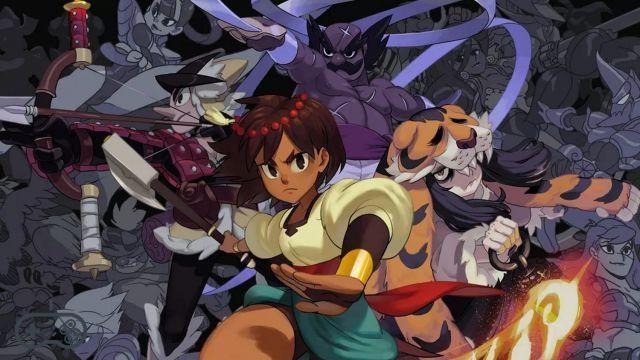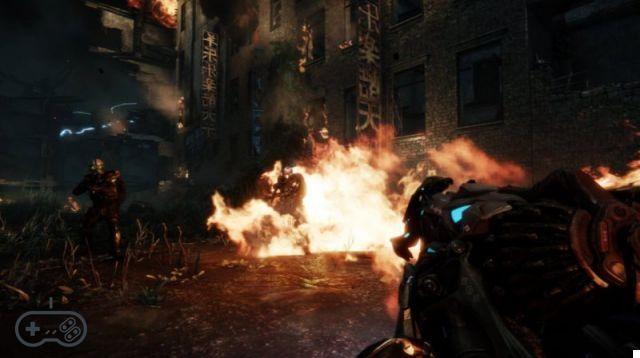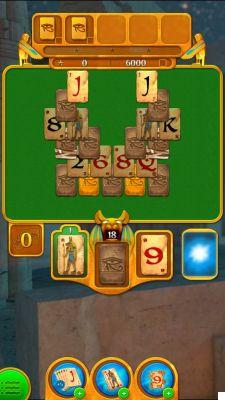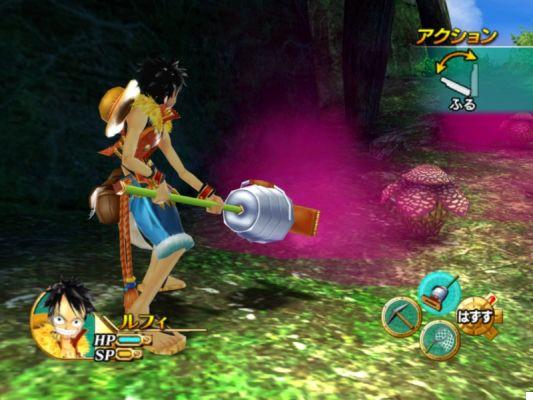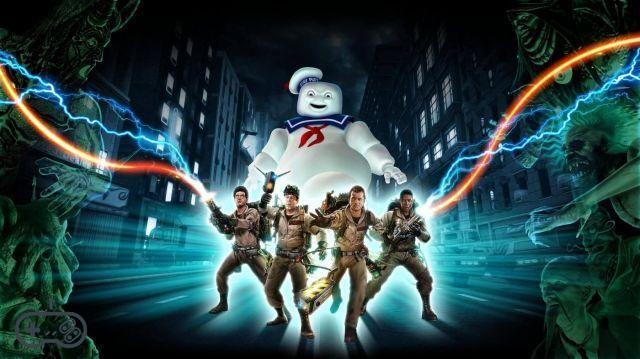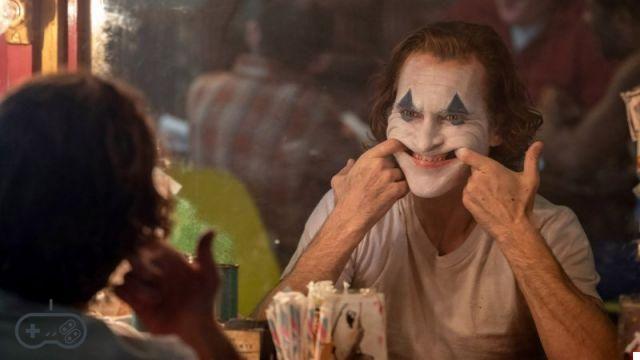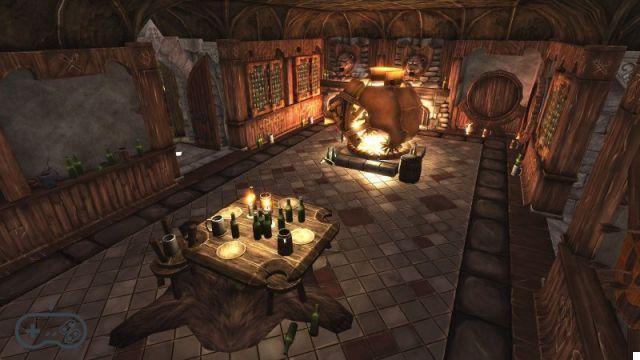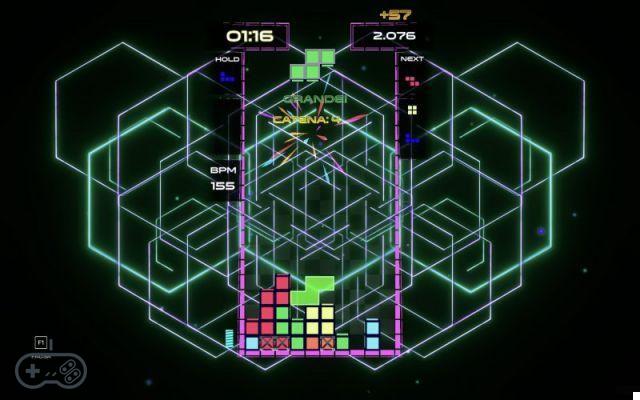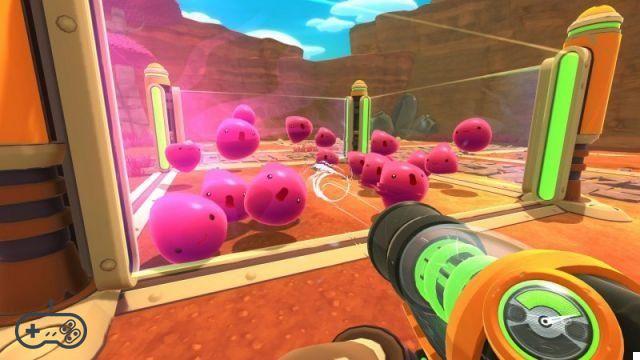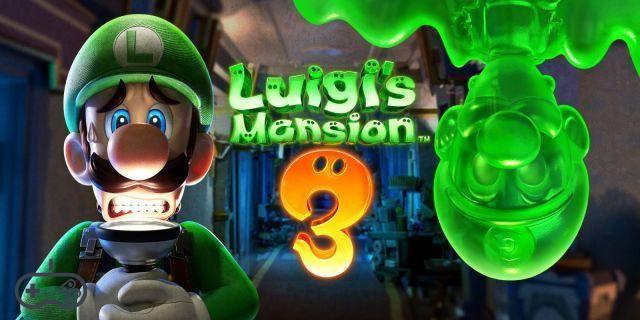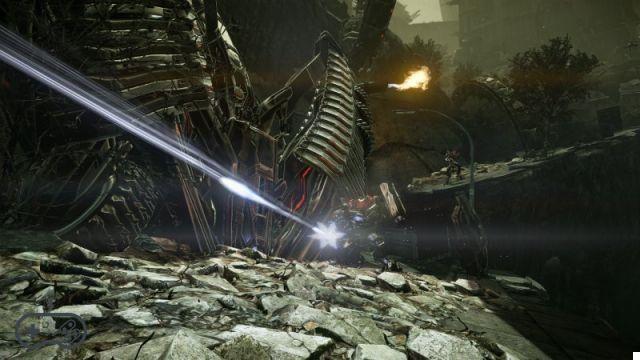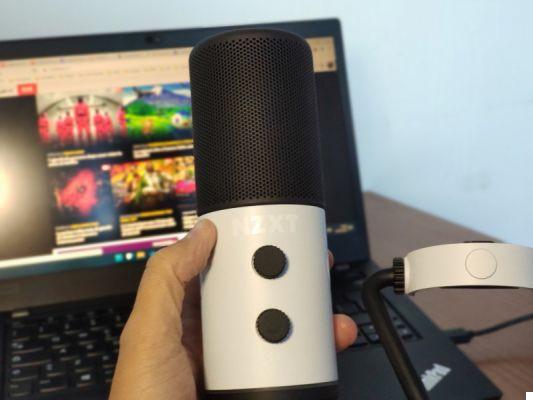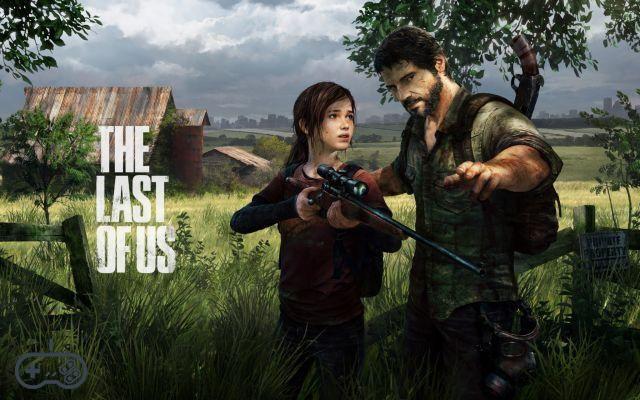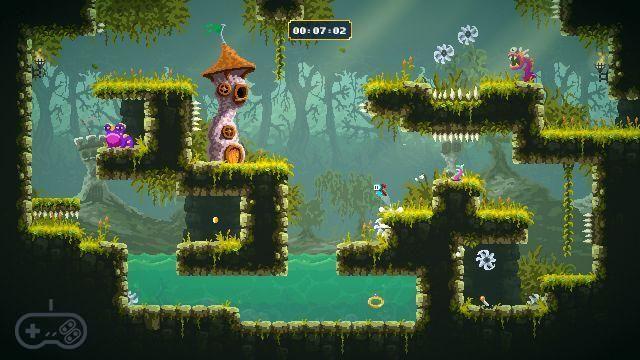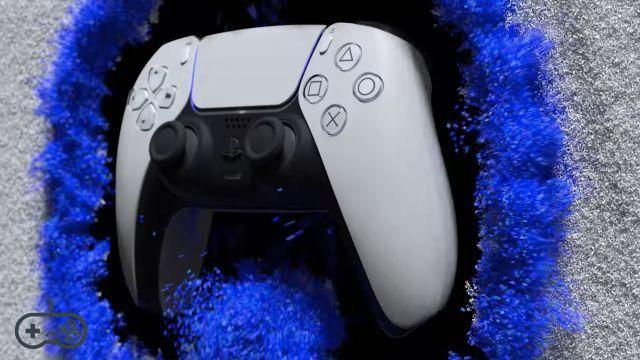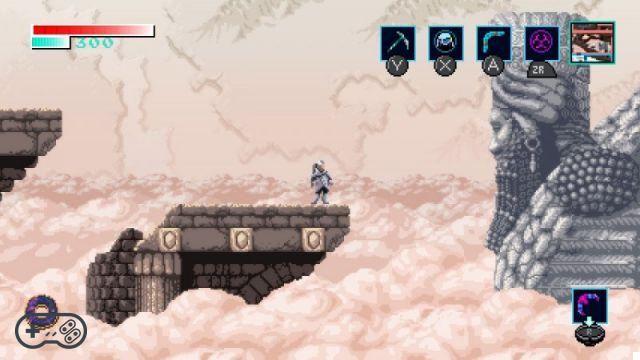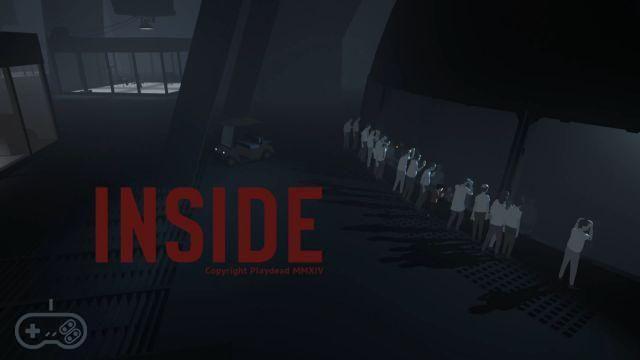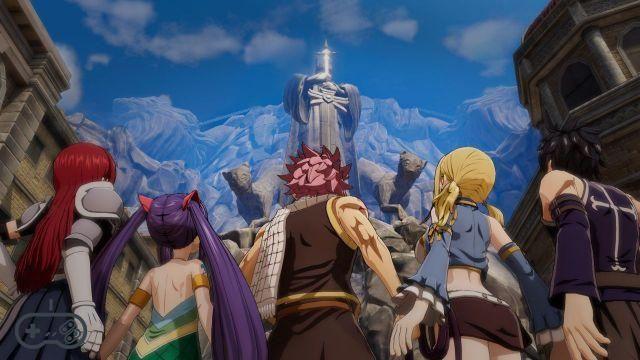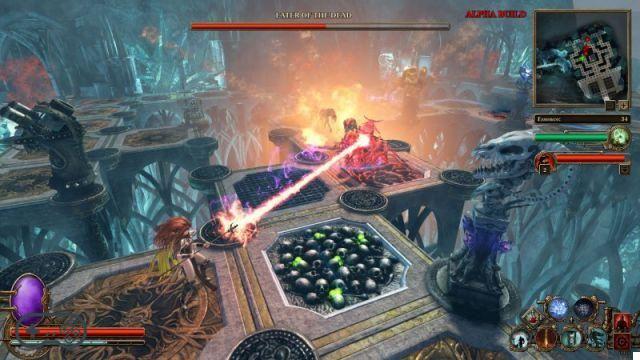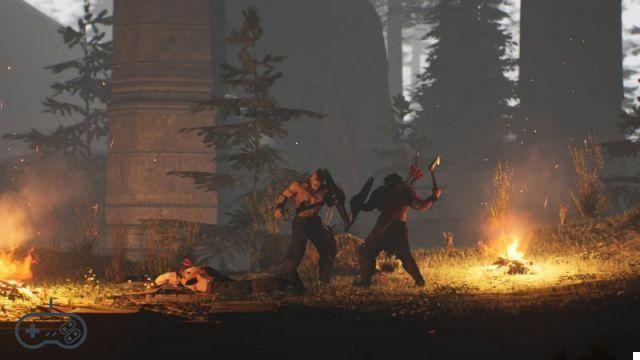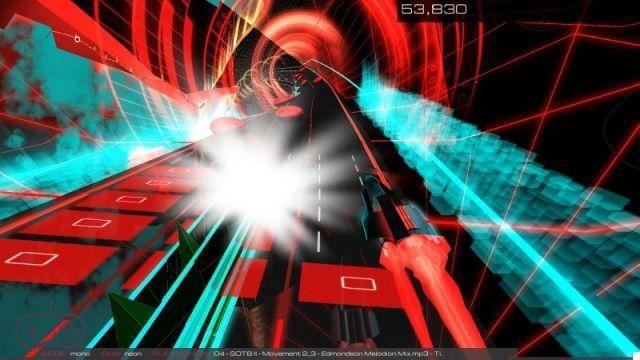If you are a fan of science fiction films, surely you will have your preferences in terms of blockbuster and independent productions, without one category necessarily excluding the other. Certainly, especially from the nineties onwards, the genre was clearly divided between films produced with investments and important names, and the considerable undergrowth constituted by independent films, the result of the work of emerging directors and actors. Thus, for each Avatar or Oblivion there are a Pitch Black and a District 9, which, not necessarily having to interest the general public to return investments, can afford more mature themes and less playful atmospheres.
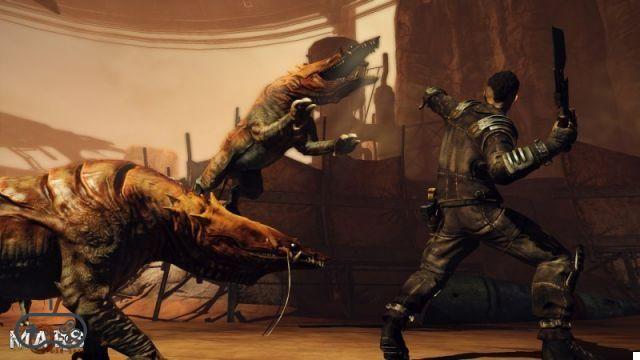
Although science fiction is often the prerogative of large publishers in the field of video games, there are some interesting exceptions, both bizarre and unexpected (FTL is a striking example), and middle ground, i.e. non-indie products in the true sense of the term, but nonetheless. made with the proverbial formula "little money and lots of ideas". It belongs to the latter category Mars: War Logs, a production signed by Spiders Studios, a software house based in Paris that made itself known with two graphic adventures dedicated to Sherlock Holmes and the unfortunate (but interesting) RPG Of Orcs and Men. Even before the release, Mars: War Logs managed to gather a fair amount of interest around him, both because the conclusion of the Mass Effect and Dead Space trilogies opened a fair void for all gamers who are passionate about science fiction, and for the promises made by the developers, who have long talked about the a return to mature themes and a very classic Western role-playing structure, based on moral choices. The result is a production unfortunately not without defects, some of which are of far from secondary importance, but still interesting in many respects, certainly able to stand out from the crowd.
Red Planet
Like any good self-respecting role-playing video game, Mars: War Logs it is supported by a massive narrative component, able to reserve some original implications. Brilliant, for example, is the idea of introducing the protagonist in a deliberately smoky way, making the player start the adventure without knowing much about his origins. This envelops Roy Temperance in an aura of undoubted charm, and also grants total freedom in making subsequent moral choices, never influenced by the personality of the protagonist, at the same time strong but never bulky, able to adapt perfectly to the various ways of interpreting him. that multiple choices offer.
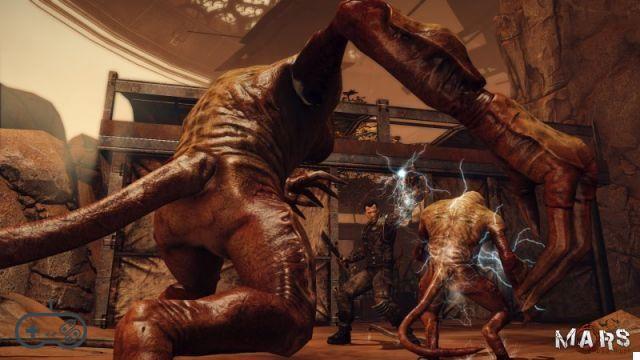
The planet Mars imagined by the Spiders designers is a depressed, dusty, undone place. There is not much room for hope among the streets of the different urban agglomerations that Roy and the young supporting actor Innocence will cross, constantly threatened by the different forces in conflict. The adventure is divided into three main chapters, the first of which will be entirely dedicated to escaping the prison in which the two find themselves. After this first phase, where moral choices will occur less frequently, the next two will open up to a complex game of interests and powers, with the protagonist forced to choose which of the different factions to ally with. Although the story may take different turns depending on the choices made, from an exploratory point of view the game maintains an almost excessive uniformity. Each location, whether it is the prison or the subsequent colonies, is divided into neighborhoods and as many uploads. Although the rusty look and the desolate urban contexts retain their charm for the duration of the story, the similarities between one setting and another are often exaggerated, giving the player the impression of always being in the same place. On the one hand it is a choice, with the developers intent on characterizing the planet while maintaining certain peculiarities, such as the color palette and the post-industrial look, on the other there is a truly excessive landscape monotony.
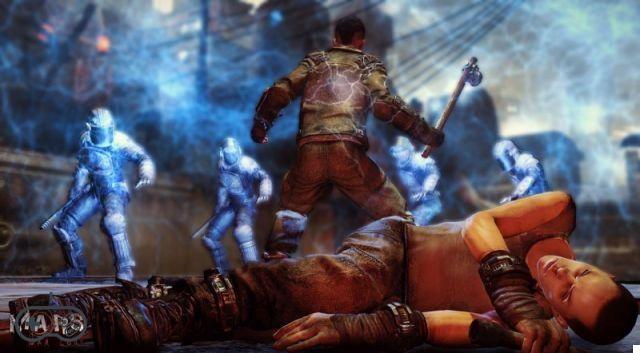
For its part, the plot of Mars: War Logs suffers from a similar problem. As much as you notice the efforts made by the developers to create an original story, and appreciate the distancing from the epic events that usually characterize the RPGs in favor of slightly less choral events, many of the characters struggle to emerge. Also due to a bad dubbing in English (with Spanish subtitles) and a poor script, especially as regards the actual dialogues, with the exception of the protagonist and the supporting actor, the remaining personalities are tarnished, with consequent problems when it will be a matter of choosing which side to take. This is a real shame, especially if we consider that the work done on the background, with the complex events that led humanity to live in hardship on the red planet, is rather remarkable.
The Witcher on Mars?
The fights are a fundamental component of the playful offer of Mars: War Logs. In other words, when you are not looking for specific objects or talking, you will most likely be brandishing a weapon, trying to survive outnumbered. Whether it is the main or secondary missions, most of the time the means to achieve one's goal will be limited to confronting a good number of opponents. At the base of the combat system there is a solid hack'n'slash system, where the melee represents the primary resource for confronting the enemies, also equipped mostly with blunt weapons. Although it does not reach the levels of complexity and refinement, the combat system of Mars: War Logs it is in some ways inspired by that of the last chapter of the Witcher adventures. The Polish RPG is based on both the focus on melee weapons, which represent the main resource for the duration of the adventure, and the quick menu that gives access to secondary skills and tools, which is activated at the maintained pressure of a button and slows down the passage of time, giving the player time to develop a strategy.
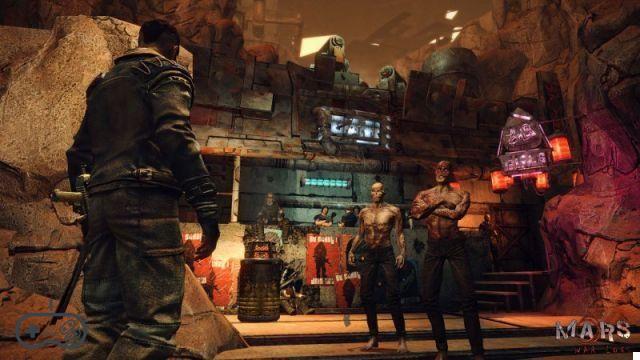
The standard slash is flanked by a somersault useful to dodge enemy blows and a parry, which allows you to develop a counter move by attacking immediately after suffering an attack. As the possibilities increase in the later stages of the game, adding a nail gun to hit from a distance and the Technomancer glove, which allows you to attack with electricity or to take cover with an energy shield, overall the fight ends up being solid but excessively monotonous. The feedback returned from the hand-to-hand clashes is positive but, especially from the middle of the adventure onwards, the lack of growth of the system will be strongly felt. The progressive unlocking of skills divided into three trees (defense, attack and techno-mania) would seem to indicate the opposite, but the variety of tactics available will soon be too limited. In general, there is an excessive importance given to attacks from behind and dodging, which forces the player to continuously use the somersault, with a negative effect also on the visual feedback of the fights, which are anything but spectacular. On the other hand, the possibility of advancing in stealth has been almost completely wasted, as it grants at most the limited advantage constituted by a surprise attack, in general very little useful in clashes. The management of the learning curve, on the other hand, is more positive, well balanced so that the player slowly learns to face increasingly difficult and numerous groups of enemies, coming out the winner. The contribution of the companions, who will be able to fight alongside Roy, is instead not very effective, as they will often end up incapacitated after a few seconds, leaving the player to finish the job.
Limited resources
Although it cannot be defined Mars: War Logs a survival game, there are certainly some aspects of this genre that the developers have decided to integrate into the combat system, above all the scarcity of ammunition for the nail gun and medical kits, which are quite rare. The main weapon available to the protagonist is always a blunt object of various kinds, often improved with makeshift components through the simple crafting system. Using a certain amount of resources including metal alloys, strips of leather and other elements, directly from the inventory it will be possible to improve the attack and defense characteristics of the blunt weapon, as long as this allows it. The same principle applies to armors, which are also upgradeable in real time.
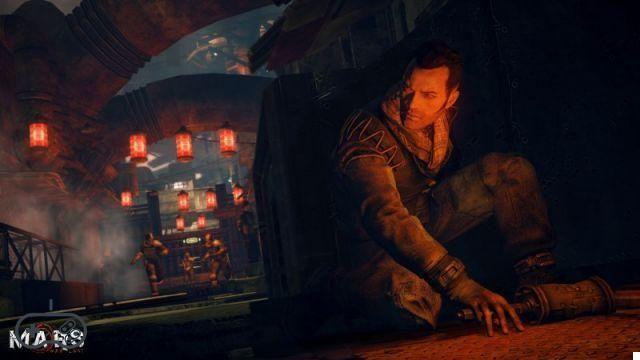
The necessary resources will be recovered both from the bodies of the defeated enemies, and in the containers and piles of waste that dot the environments, making it advisable to carefully explore the surroundings of each level. The trading system is instead based on a currency known as Serum, to which an interesting mechanic applies. By simply receiving the quantities of Serum associated with the completion of missions and the occasional random finds, the player's financial resources will be rather limited, but there is a way to obtain it in quantity. Since the enemies defeated at the end of a fight do not die, but simply remain unconscious on the ground, the player can decide to finish them using a special syringe, which will also return a certain amount of serum. Easy riches, therefore, but at a price, given that Roy's reputation will drop with each murder, subsequently triggering even strong reactions from some factions and influencing the course of history, clearly in the negative.
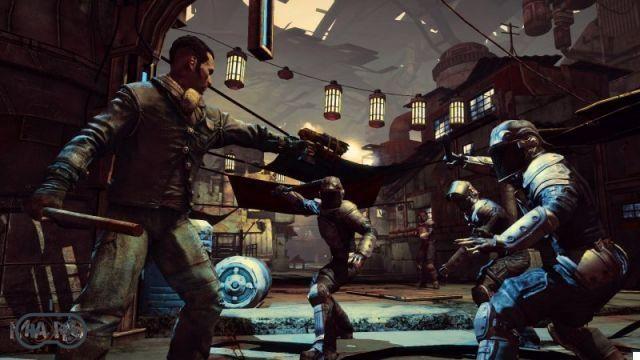
Moreover, even playing the part of the Good Samaritan has its disadvantages, since the enemies after a few minutes will regain consciousness and return to patrol the area. Given the massive backtracking required by many missions, this will lead to wasting a lot of time on the move. From a graphic point of view, the PC version we tested did not fully satisfy us. Technically, the proprietary Silk Engine of Spiders Studios does not reach the current standards in terms of polygonal and effect modeling (support for DirectX 11 is there, but there are no decisive effects in terms of overall rendering), although the glance overall is not evil. This, above all thanks to the good design, which despite the monotony mentioned above manages to give the red planet a washed-out, post-industrial and unhealthy look, perfectly in line with the cyberpunk tones of the work. Although there are therefore no single memorable elements in the context, the alchemy of the individual parts manages to work, creating a mix that is undoubtedly unprecedented. The lightness of the engine will undoubtedly allow use even on machines that are not up to date, without major sacrifices in terms of graphic settings.
Comment
Version tested: PC Digital Delivery: Xbox Live Arcade, Playstation Network, Steam Price: 19,99 euros Resources4Gaming.com7.2
Readers (19)7.8
Your voteWith its approximately ten hours of duration, Mars: War Logs it is not an easy title to evaluate. In fact, it has some very interesting sides, above all the original setting, the importance of the choices and an atypical combat system for a science fiction game, flanked by not indifferent shortcomings. The budget price, around 20 euros, still makes it attractive for all those interested in the genres of reference, and above all in search of an experience different from the usual, both in terms of atmospheres and in combat mechanics, not too deep and optimized but certainly atypical. Clearly, there is a potential in production that has not been fully exploited, and the hope is that commercial success is enough to allow Spiders Studio to work on a sequel, which takes up the same premises to build a game that is finally complete under all points of view.
PRO
- Charming background and original atmosphere
- Well-developed system of moral choices
- Solid combat ...
- ... but underdeveloped
- Poor script and dialogue, with influences on the perception of the power of choice
- Poorly implemented stealth
PC System Requirements
Test Setup
- The editorial team uses the ASUS CG8250 Personal Computer
- Processore Intel Core i7-3770K @ 3.50GHz
- 16 GB of RAM
- NVIDIA GeForce GTX680 video card
- Windows 8 operating system
Minimum requirements
- Processore AMD o Intel dual core 2.2 GHZ
- 2 GB RAM
- Video card 512 MB
- 3 GB of disk space




